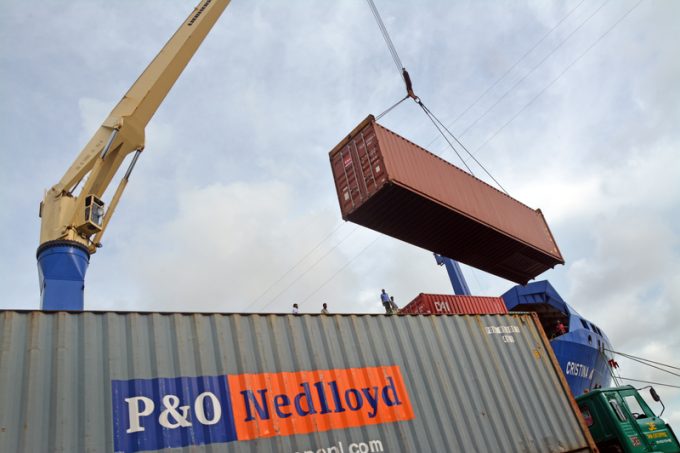Maersk not concerned by Trump hostility to green fuels for ships
Maersk’s environmental agenda will be driven by customers over administrations, amid the increasing uncertainty surrounding ...

Container lines serving strained Bangladesh supply chains are making every effort to clear up the cargo backlogs at Chittagong Port.
The cargo chaos began amid recent political upheaval that brought businesses across the country to a standstill.
A few carriers have deployed additional vessels to lift stranded exports at Chittagong, according to industry sources, including an ad-hoc vessel from Maersk last week, and company sources told The Loadstar more extra sailings were under consideration.
“There is ...
Volcanic disruption at Anchorage could hit transpacific airfreight operations
Macron calls for ‘suspension’ – CMA CGM's $20bn US investment in doubt
De minimis exemption on shipments from China to the US will end in May
Forwarders stay cool as US 'liberation day' tariffs threaten 'global trade war'
Mixed response in US to 'Liberation Day', while China leads wave of retaliation
Tariffs and de minimis set air freight rates on a volatile course
Transpacific contract rates rise on Trump’s fickle policies
Trump tariffs see hundreds of cancelled container bookings a day from Asia

Comment on this article